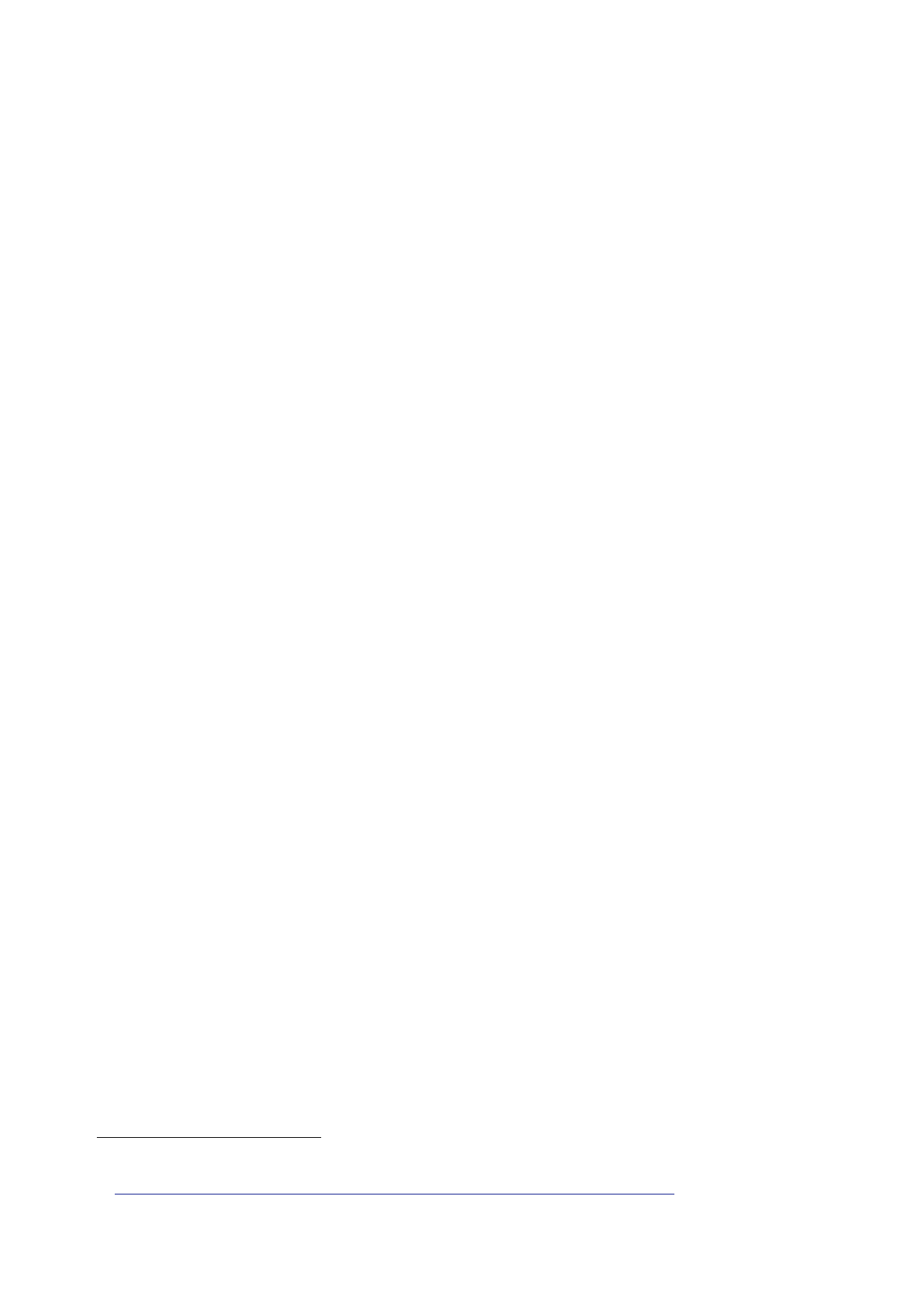
The Report
of the Iraq Inquiry
of the
inspectors, however, as was often pointed out, was not to seek out
assets that
had been
hidden, but rather to validate Iraqi claims.
329.
By March 2003,
however:
•
The Al
Samoud 2 missiles which exceeded the range permitted by the
UN,
were being
destroyed.
•
The IAEA
had concluded that there was no Iraqi nuclear programme of
any
significance.
•
The
inspectors believed that they were making progress and expected
to
achieve
more co-operation from Iraq.
•
The inspectors
were preparing to step up their activities with U2 flights
and
interviews
outside Iraq.
330.
When the UK
sought a further Security Council resolution in March 2003,
the
majority of
the Council’s members were not persuaded that the inspections
process, and
the
diplomatic efforts surrounding it, had reached the end of the road.
They did not agree
that the
time had come to terminate inspections and resort to force. The UK
went to war
without the
explicit authorisation which it had sought from the Security
Council.
331.
At the time
of the Parliamentary vote of 18 March, diplomatic options had
not
been
exhausted. The point had not been reached where military action was
the
last
resort.
332.
Mr Blair
had been advised that an invasion of Iraq was expected to
increase
the threat
to the UK and UK interests from Al Qaida and its
affiliates.
333.
Asked about
the risk that attacking Iraq with cruise missiles would “act as
a
recruiting
sergeant for a young generation throughout the Islamic and Arab
world”,
Mr Blair
responded that:
“… what was
shocking about 11 September was not just the slaughter of
innocent
people but
the knowledge that, had the terrorists been able, there would
have
been not
3,000 innocent dead, but 30,000 or 300,000 … America did not attack
the
Al Qaida
terrorist group … [it] attacked America. They did not need to be
recruited …
Unless we
take action against them, they will grow. That is why we should
act.”157
334.
The JIC judged
in October 2002 that “the greatest terrorist threat in the event
of
military
action against Iraq will come from Al Qaida and other Islamic
extremists”; and
they would
be “pursuing their own agenda”.158
157
House of
Commons, Official
Report,
18 March 2003, column 769.
158
JIC
Assessment, 10 October 2002, ‘International Terrorism: The
Threat from Iraq’.
614
